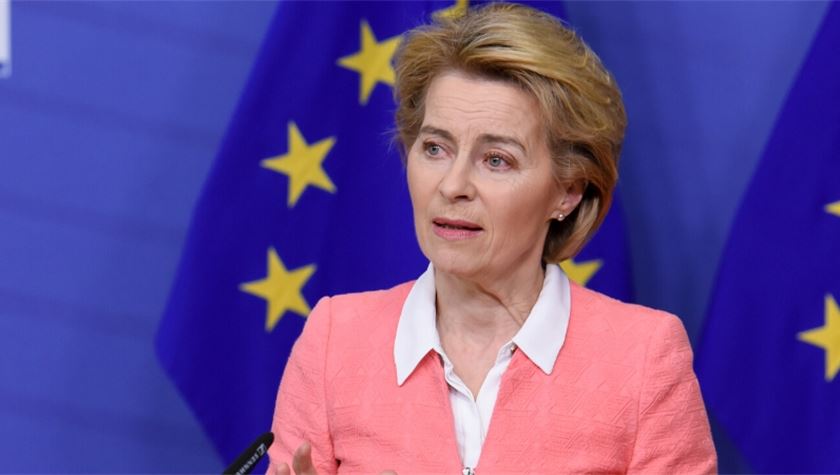
At 62, Ursula Von der Leyen is the formidable president of the European Commission, a role that is reputed to be “the EU’s toughest job.” Despite this, the Belgian-born, German politician and mother of seven dutifully tends to her role, overseeing incredible strides for the European Commission during a tenure that started with the COVID-19 pandemic.
Like most great leaders, Von der Leyen seemed destined for politics. In fact, her father Ernst Albrecht was one of the first European civil servants of the European Commission in 1958, and also the former Ministerpresident (Governor) of Lower Saxony. With no intention of entering politics, Von der Leyen initially studied economics at the University of Gottingen and the London School of Economics. She did not complete her economics studies, leaving in favor of medicine and enrolling in Hannover Medical School, from which she graduated in 1987. After working as a physician’s assistant, she was then awarded a doctorate in medicine in 1991.
Von der Leyen joined the CDU (Christian Democratic Union) in 1990 initially out of solidarity for her father, who had failed to be re-elected. It was here that she discovered her immense aptitude for politics. After holding a series of local and state offices, she was promoted to leadership positions within Chancellor Angela Merkel’s first cabinet following the CDU’s victorious federal elections in 2005. She became the first woman to serve as Germany’s Minister of Defence. She was known as one of the “most visible ministers of domestic policy, a controversial figure who causes conservatives and liberals alike to howl.” By 2013, she was considered as a potential successor to Merkel.
Instead, due to some political events, Von der Leyen was elected as the first female President of the European Commission in 2019. Since taking on this role, her policies have been lead by her political views favoring a ‘United States of Europe,’ with a combined EU army, same sex marriage, female equality in leadership, and mandatory blockages of child pornography, as well as priotization of childcare and family policy as primary concerns for Germany.
She has twice been voted the 4th ‘Most Powerful Woman in the World’ by Forbes and is a member of several boards of trustees, including Total E-Quality Initiative, World Economic Forum, Music Security Conference, and 2011 FIFA Women’s World Cup.
